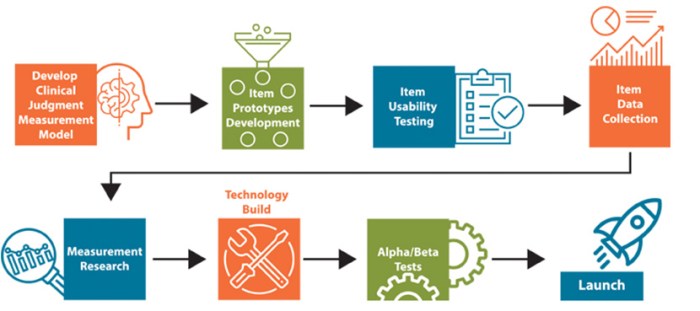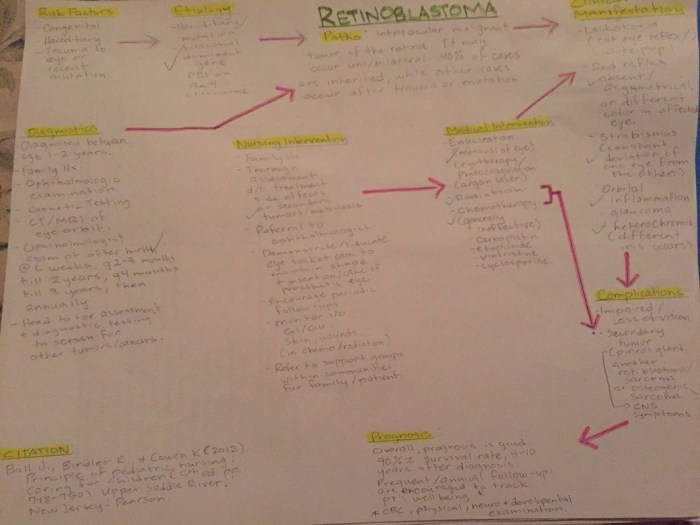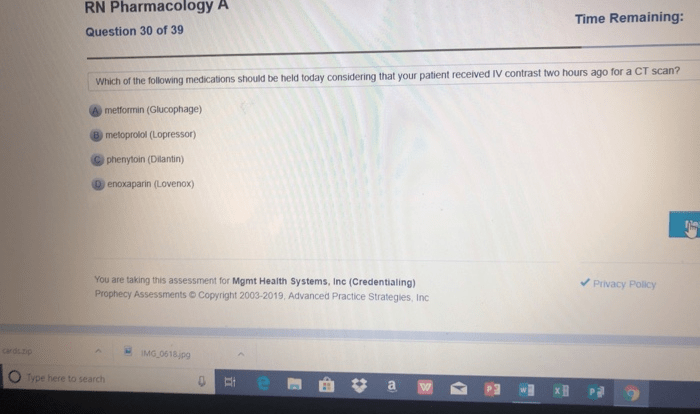RN 3.0 Clinical Judgment Practice 3 emerges as a groundbreaking approach to clinical decision-making, empowering nurses with the skills and knowledge to deliver exceptional patient care. This innovative model provides a structured framework for nurses to navigate complex clinical situations, optimize patient outcomes, and enhance overall healthcare delivery.
As nurses assume increasingly autonomous roles in healthcare, the ability to exercise sound clinical judgment is paramount. RN 3.0 Clinical Judgment Practice 3 equips nurses with the necessary competencies to critically assess patient data, interpret evidence, and make informed decisions that directly impact patient well-being.
RN 3.0 Clinical Judgment Practice Model: Rn 3.0 Clinical Judgment Practice 3

The RN 3.0 Clinical Judgment Practice Model is a framework that guides registered nurses (RNs) in making clinical decisions and providing safe, effective care to patients. The model is based on the principles of evidence-based practice, critical thinking, and clinical reasoning.
The RN 3.0 Clinical Judgment Practice Model consists of three phases: assessment, analysis, and action. In the assessment phase, RNs gather data about the patient’s condition and identify potential problems. In the analysis phase, RNs evaluate the data and develop a plan of care.
In the action phase, RNs implement the plan of care and monitor the patient’s response.
The RN 3.0 Clinical Judgment Practice Model is used in a variety of clinical settings, including hospitals, clinics, and long-term care facilities. The model has been shown to improve patient outcomes, reduce errors, and increase RN satisfaction.
Benefits of using the RN 3.0 Clinical Judgment Practice Model
- Improved patient outcomes
- Reduced errors
- Increased RN satisfaction
- Improved communication between RNs and other healthcare professionals
- Enhanced teamwork and collaboration
Challenges of using the RN 3.0 Clinical Judgment Practice Model
- Time constraints
- Lack of resources
- Resistance to change
- Lack of training
RN 3.0 Clinical Judgment Skills

Clinical judgment skills are essential for RNs to provide safe, effective care to patients. These skills include the ability to:
- Gather and interpret data
- Identify potential problems
- Develop and implement a plan of care
- Monitor the patient’s response to treatment
- Make decisions in complex and uncertain situations
RNs develop and refine their clinical judgment skills through practice and experience. They can also improve their skills by attending continuing education courses and workshops.
Strategies for improving clinical judgment skills, Rn 3.0 clinical judgment practice 3
- Attend continuing education courses and workshops
- Practice using the RN 3.0 Clinical Judgment Practice Model
- Seek feedback from other RNs and healthcare professionals
- Reflect on your own practice and identify areas for improvement
RN 3.0 Clinical Decision-Making Process

The RN 3.0 Clinical Decision-Making Process is a systematic approach to making clinical decisions. The process involves the following steps:
- Gather data about the patient’s condition
- Identify potential problems
- Develop a list of possible solutions
- Evaluate the pros and cons of each solution
- Select the best solution and implement it
- Monitor the patient’s response to treatment
- Re-evaluate the decision and make adjustments as needed
The RN 3.0 Clinical Decision-Making Process is a complex and challenging process. However, it is essential for RNs to be able to make sound clinical decisions in order to provide safe, effective care to patients.
Factors that influence clinical decision-making
- The patient’s condition
- The RN’s knowledge and experience
- The available resources
- The RN’s personal values and beliefs
RN 3.0 Clinical Reasoning
Clinical reasoning is the process of using knowledge, experience, and judgment to make clinical decisions. RNs use clinical reasoning to identify problems, develop plans of care, and make decisions about patient care.
There are two main types of clinical reasoning: inductive reasoning and deductive reasoning. Inductive reasoning is the process of making general conclusions from specific observations. Deductive reasoning is the process of making specific conclusions from general principles.
RNs use both inductive and deductive reasoning in their practice. Inductive reasoning is used to identify problems and develop plans of care. Deductive reasoning is used to make decisions about patient care.
Strategies for improving clinical reasoning skills
- Practice using the RN 3.0 Clinical Judgment Practice Model
- Seek feedback from other RNs and healthcare professionals
- Reflect on your own practice and identify areas for improvement
- Attend continuing education courses and workshops
RN 3.0 Evidence-Based Practice

Evidence-based practice (EBP) is the process of using research evidence to make clinical decisions. EBP involves the following steps:
- Asking a clinical question
- Searching for and evaluating research evidence
- Applying the research evidence to practice
- Evaluating the outcomes of the EBP intervention
EBP is essential for RNs to provide safe, effective care to patients. EBP helps RNs to make decisions that are based on the best available evidence, which can lead to improved patient outcomes.
Benefits of using EBP
- Improved patient outcomes
- Reduced errors
- Increased RN satisfaction
- Improved communication between RNs and other healthcare professionals
- Enhanced teamwork and collaboration
Common Queries
What are the key principles of RN 3.0 Clinical Judgment Practice 3?
RN 3.0 Clinical Judgment Practice 3 emphasizes the integration of evidence-based practice, critical thinking, and clinical reasoning to guide decision-making.
How does RN 3.0 Clinical Judgment Practice 3 benefit nurses?
This model enhances nurses’ ability to assess patient data, make informed decisions, and provide individualized care plans.
What are the challenges associated with implementing RN 3.0 Clinical Judgment Practice 3?
Challenges may include overcoming traditional practice norms, fostering a culture of collaboration, and ensuring adequate resources and support.

